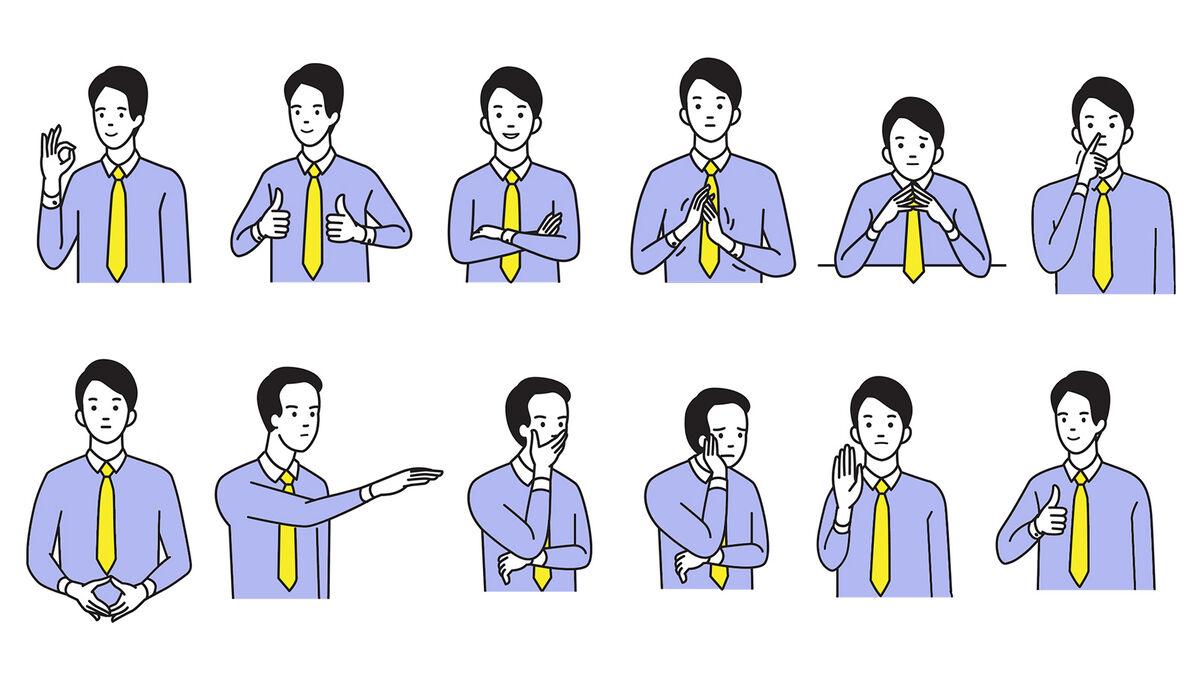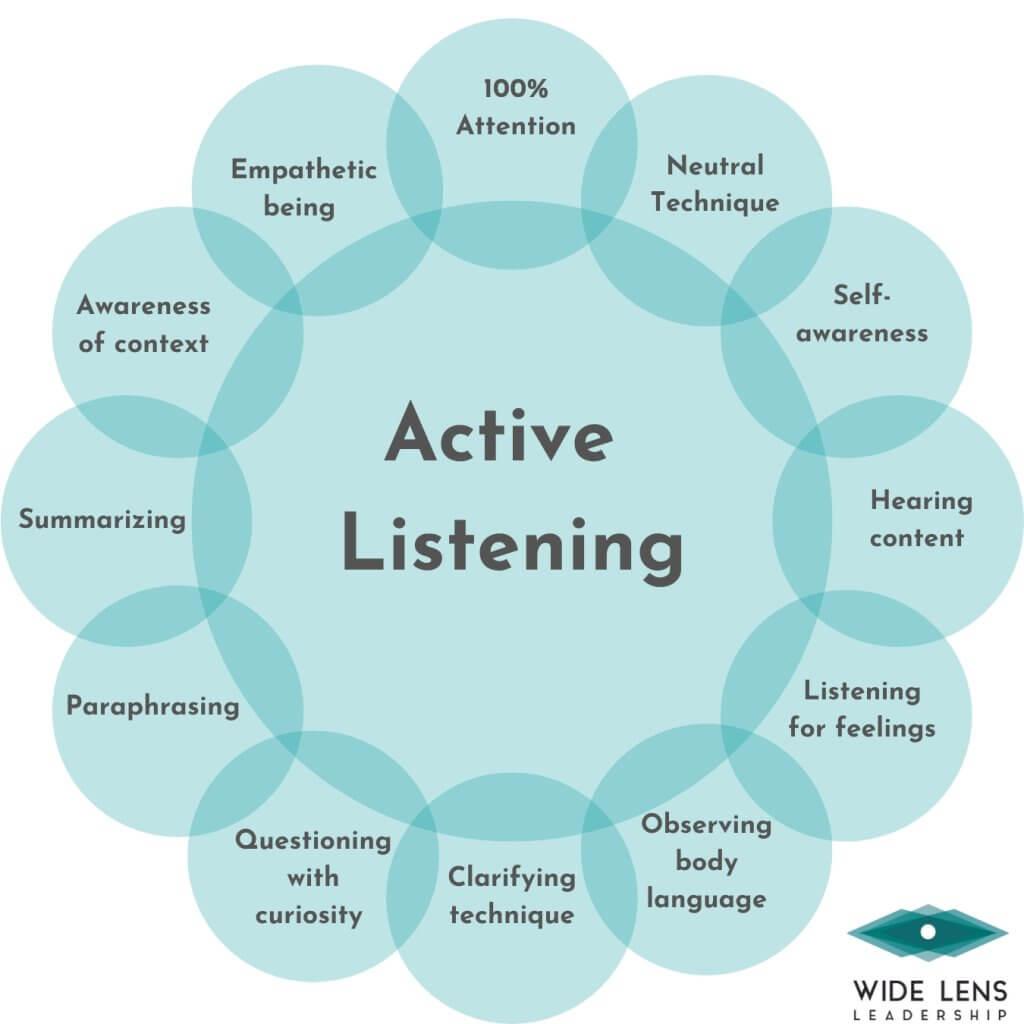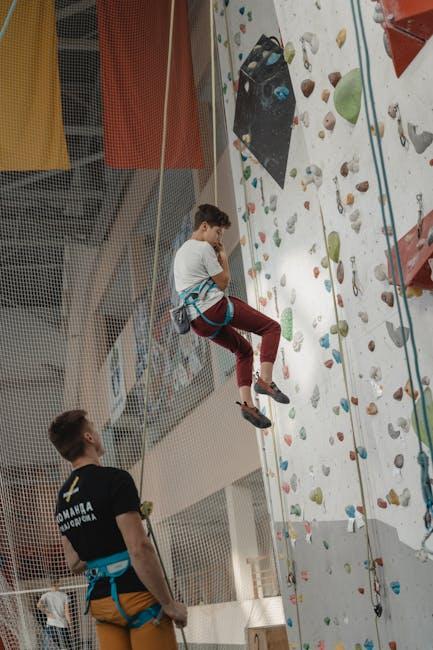Navigating social situations with confidence is a skill that can significantly enhance both personal and professional interactions. Whether you’re attending a networking event, mingling at a party, or simply engaging in small talk, projecting self-assurance can open doors and foster meaningful connections. However, for many, maintaining this confidence is easier said than done. In this article, we will explore the best strategies to bolster your confidence in social settings, providing practical tips and techniques to help you present your most assured self. By understanding and implementing these methods, you’ll be well-equipped to handle any social scenario with poise and ease, turning potential anxiety into an opportunity for genuine engagement and personal growth.
Master the Art of Body Language to Exude Confidence
Confidence isn’t just about what you say; it’s about how you say it, and often, your body language speaks louder than words. To project an air of self-assurance, start by maintaining a strong posture. Stand tall with your shoulders back and your chin up. This not only conveys confidence but also commands respect and attention. Additionally, make sure to use open gestures. Keep your arms relaxed at your sides or use them to emphasize points, avoiding crossing them, which can appear defensive or closed off.
- Eye Contact: Maintain consistent eye contact, but avoid staring. This shows you are engaged and interested in the conversation.
- Facial Expressions: Let your face reflect your emotions genuinely. A warm smile can be inviting and put others at ease.
- Mirroring: Subtly mirror the body language of those you are interacting with to create rapport and show empathy.
Incorporating these techniques into your interactions can transform how others perceive you and how you perceive yourself, reinforcing a cycle of confidence and positivity.

Harness the Power of Positive Self-Talk for a Stronger Presence
Positive self-talk is a powerful tool that can significantly enhance your confidence and presence in social settings. By consciously choosing words and thoughts that uplift and empower, you create a mindset that reflects self-assurance. Here are some ways to effectively implement positive self-talk:
- Reframe Negative Thoughts: Whenever you catch yourself thinking negatively, pause and reframe those thoughts into positive affirmations. For example, replace “I’m not good at this” with “I am capable and continually improving.”
- Practice Gratitude: Start or end your day by listing things you are grateful for. This shifts your focus from what might go wrong to what is already going well, creating a positive outlook.
- Visualize Success: Before entering a social situation, take a moment to visualize a successful interaction. Picture yourself confidently engaging in conversation and making meaningful connections.
By integrating these techniques into your daily routine, you can cultivate a stronger, more confident presence that naturally shines in social situations. Embrace the power of positive self-talk, and watch how it transforms your interactions.

Develop Active Listening Skills to Enhance Social Interactions
Mastering the art of active listening can significantly boost your confidence during social interactions. When you actively listen, you not only hear the words being spoken but also understand the emotions and intentions behind them. This deeper level of engagement makes conversations more meaningful and can enhance your social connections. Here are some key strategies to improve your active listening skills:
- Maintain Eye Contact: Establishing eye contact shows that you are genuinely interested in the conversation, which encourages the speaker to share more openly.
- Practice Empathy: Try to put yourself in the speaker’s shoes. Understanding their perspective can lead to more empathetic and thoughtful responses.
- Ask Open-Ended Questions: These questions invite the speaker to elaborate, making the conversation more engaging and informative.
- Reflect and Summarize: Occasionally paraphrase what the speaker has said to ensure you have understood correctly, which also demonstrates your attentiveness.
Incorporating these techniques into your social toolkit will not only make you a better listener but also enhance your ability to connect with others, ultimately boosting your confidence in any social setting.
Cultivate a Mindset of Growth to Overcome Social Anxiety
Embracing a mindset of growth is crucial for transforming social anxiety into confidence. This approach involves viewing social challenges as opportunities for personal development rather than obstacles. Start by reframing negative thoughts into positive ones. Instead of thinking, “I always mess up in conversations,” tell yourself, “Every interaction is a chance to improve my social skills.” Over time, this positive reinforcement can shift your perspective and reduce anxiety.
- Set realistic goals: Focus on small, achievable objectives, such as making eye contact or initiating a conversation.
- Seek feedback: Constructive criticism from trusted friends can provide valuable insights and help you grow.
- Celebrate progress: Acknowledge and reward yourself for each step forward, no matter how small.
By adopting a growth mindset, you empower yourself to see each social encounter as a step towards greater confidence and self-assurance.




